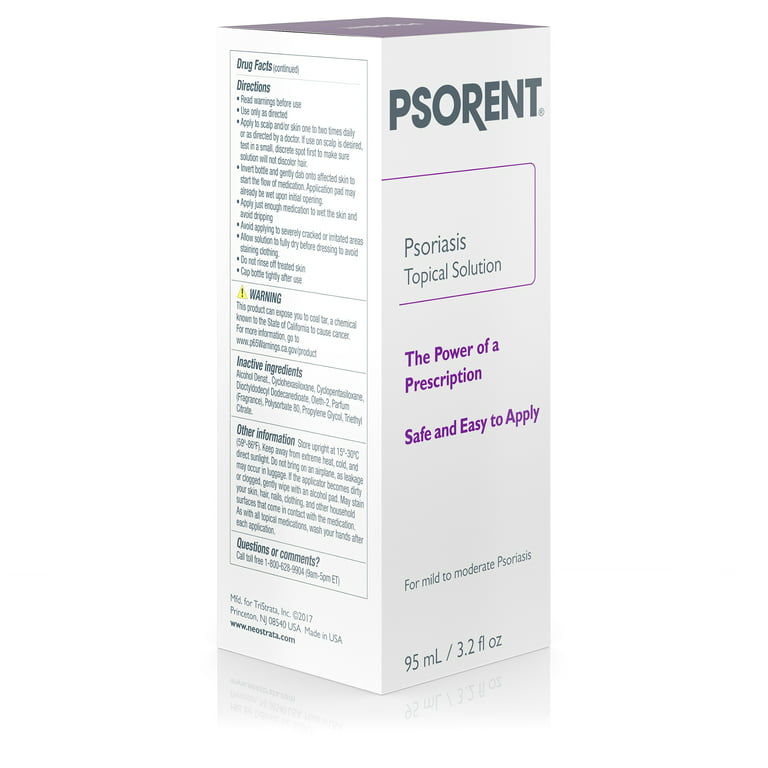
There are a variety of PSORIASIS treatments available over the counter, including prescription medications and topical creams. While these methods may work for some patients, many patients find them ineffective. Fortunately, there are some treatments that can help alleviate symptoms and are available over the counter. In addition to prescription drugs, some over-the-counter products can help you treat your condition. Read on to learn about some of the best over-the-counter remedies for psoriasis.
Topical retinoid creams and lotions are another popular option. These products work by slowing the growth of skin cells. The downside is that they can cause side effects, including skin irritation and an increased risk of sunburn. Therefore, they’re best used on a nightly basis, not during the day. For best results, consult your doctor or pharmacist for further advice. A dermatologist should also prescribe a prescription for these products.
Some psoriasis treatments are over-the-counter. These products are less expensive than prescription medications. Some of them can provide the results you’re looking for without putting your body at risk. For more extensive relief, you can also try using topical retinoids or vitamin D analogs, which are commonly found over-the-counter. You can also try shampoos and topical creams to find the right solution for your psoriasis problem.
Aside from topical retinoid creams and gels, topical psoriasis medications also come with a range of risks. For example, if you’re taking anti-inflammatory drugs for psoriasis, you’re at risk for infection by HIV or TB, and a serious liver problem. These medications may cause liver problems, and these side effects can include poor appetite, vomiting, and abdominal pain.
Aside from topical creams and lotions, there are also psoriasis treatments over-the-counter medications that can be applied directly to the affected area. These creams are available in various strengths, and you may have to experiment with different products to find the one that works best for you. Some of the most effective over-the-counter psoriasis creams and lotions are based on the strength of the acid.

Besides topical creams, there are psoriasis medications that can be used by patients for their symptomatic relief. A good example is a cream with emollients. A moisturizing cream can help control your flare-ups. Similarly, a greasy product can prevent irritation and make the dry patches more manageable. They should be applied at least twice a day for best results.
Over-the-counter medications for psoriasis usually contain corticosteroids. These medications are available in a variety of formulations and are typically prescribed by a healthcare professional to patients with mild to moderate psoriasis. These medications are often used to treat outbreaks and can be effective for a variety of conditions. These medicines may have side effects, and should be taken only when they are needed by your doctor.
Some treatments for psoriasis are topical creams and ointments. While these products may be effective for some patients, it is important to seek professional advice before starting topical treatments. Before starting, it is important to discuss the risks and benefits of each drug. Despite the benefits of topical creams, these products are not for everyone. Unlike other medications, they are not intended to treat psoriasis and should be used with caution and under the guidance of a physician. Read more about the causes, symptoms and treatment of psoriasis on page https://andre.co.id/perawatan-psoriasis/.
Psoriasis medications are not recommended for everyone. They increase the risk of developing tuberculosis, lymphoma, and liver problems. While some over-the-counter medications are helpful for some, prescription medications are best for people with chronic psoriasis. It is important to note that over-the-counter psoriasis creams should only be purchased after consulting a doctor.
There are a number of over-the-counter psoriasis treatments available on the market. The best way to cure a skin condition is to use the right medicines. If you have severe psoriasis, it’s important to consult a dermatologist to get the right prescription. If you are not a healthcare professional, you can try topical treatments.
